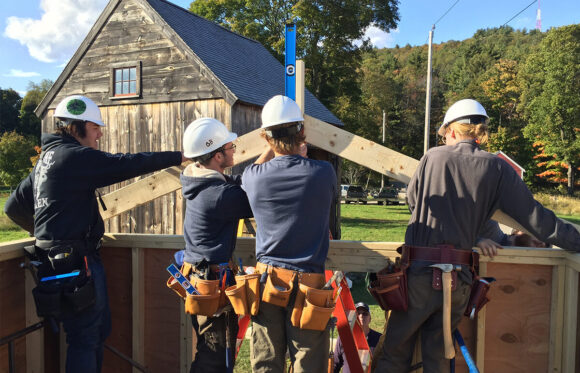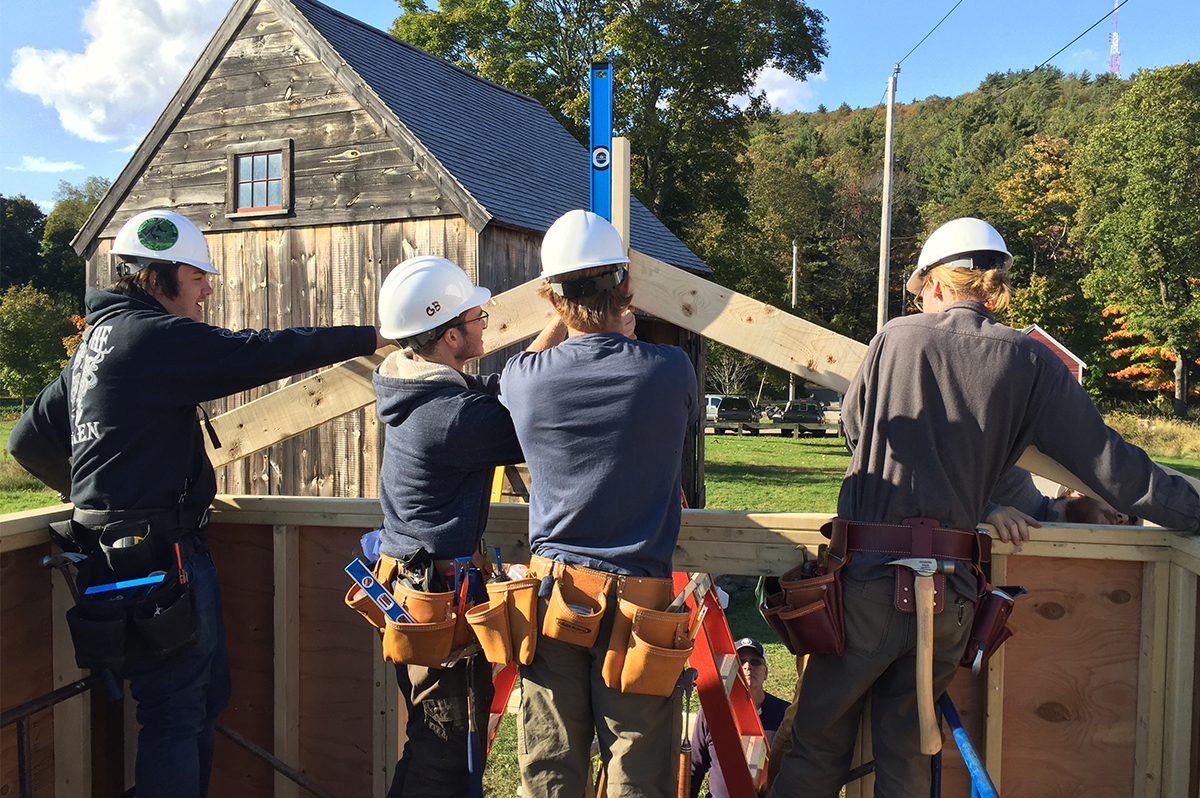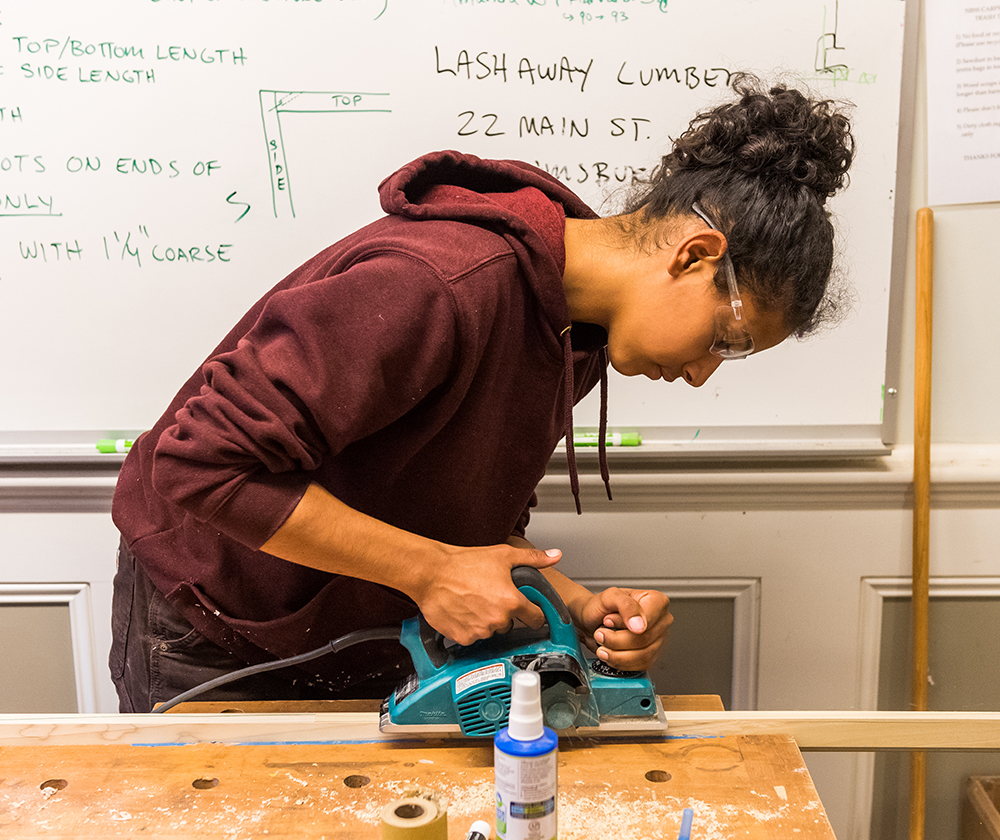Future-Proofing Your Career

The times they are a ‘changin – if you’ve been on this earth even a couple of decades, it’s hard to keep up with all the new developments on the job front.
Now considered the Fourth Industrial Revolution, ever-evolving “smart” technologies like automation and artificial intelligence (AI) are increasingly replacing human workers, be they on the factory line, in a restaurant, behind the wheel of a car, or at the checkout. Even higher-level positions, such as lawyers, therapists, and medical diagnosticians, aren’t immune to threats of this kind. So how can you avoid downsizing with the advance of technology? How can you find a satisfying, enduring career?
According to the World Economic Forum, there are three critical skills that today’s worker needs to thrive in the world of tomorrow: creativity, critical thinking, and complex problem solving. While many universities and colleges concentrate on teaching data memorization in certain subject areas, our educational model at NBSS is different. We engage students through intensive, hands-on learning that not only builds core competencies like those mentioned above, but also offers a range of other benefits, including improved executive functions such as organization, planning, prioritization, and focus. Not to mention skills that have endured through every industrial revolution and are still strong and in demand today.
Walk through the halls and grounds of NBSS, and you won’t see traditional classrooms but students who are actively involved in learning and honing skills that are uniquely human and personal. Take our Carpentry and Preservation Carpentry programs. There will always be a need for craftspeople who can translate a creative vision into a structural reality. Whether it’s building a new home or renovating, repairing, or maintaining an existing structure, owners will want to work with master carpenters who know their craft and careful enough to execute with excellence. Every good carpenter knows that top-quality work often carries the craftsperson’s “signature” in the fine details of the project.
Fine furniture making is similarly in-demand. Human nature means we care deeply about the objects in our homes, and that translates into people looking for pieces that are both high-quality and unique. The discipline requires a creative hand—there’s a reason why we refer to craft as the “manual arts”—and clients are willing to pay a premium for the one-of-a-kind, handmade furnishings that surround them.
We could go on. There is no substitute for the unique human creative element in handcrafting a beautiful violin or piano, fabricating fine, heirloom-style jewelry, or in creating a unique binding for a treasured book. In each of these endeavors, the robust creativity, exacting critical thinking, and complex problem solving of craftspeople is obvious.
While we can’t predict the future, we know that the skills our students come to master are ones that will last a lifetime. In pursuing their craft, NBSS graduates find themselves in not only fulfilling but also “future-proofed” careers paths—ones that no machine could ever duplicate.


